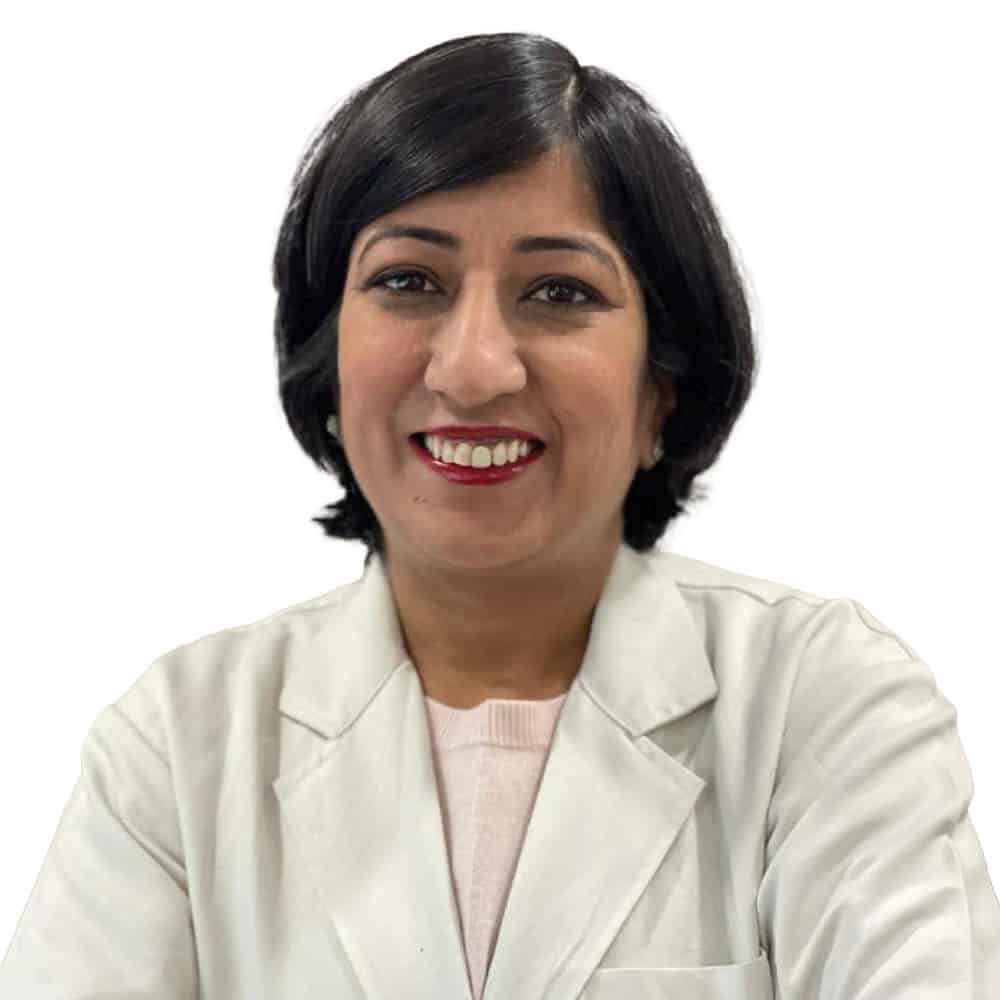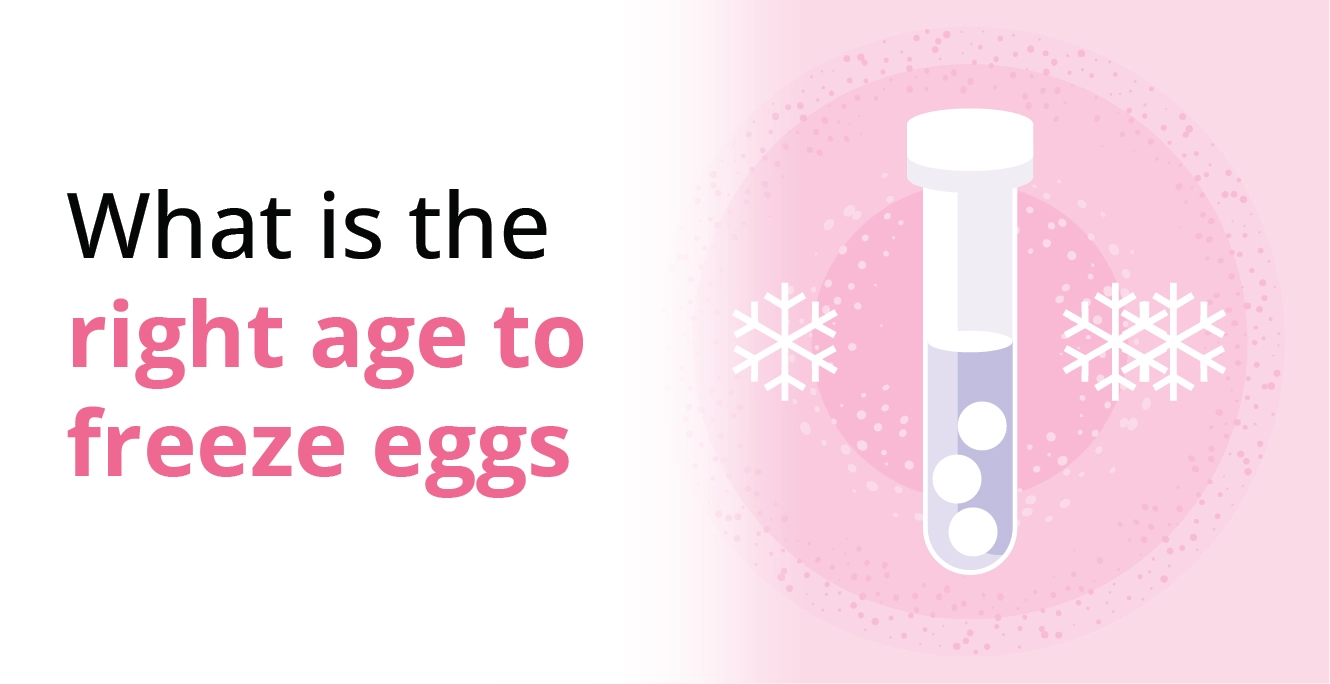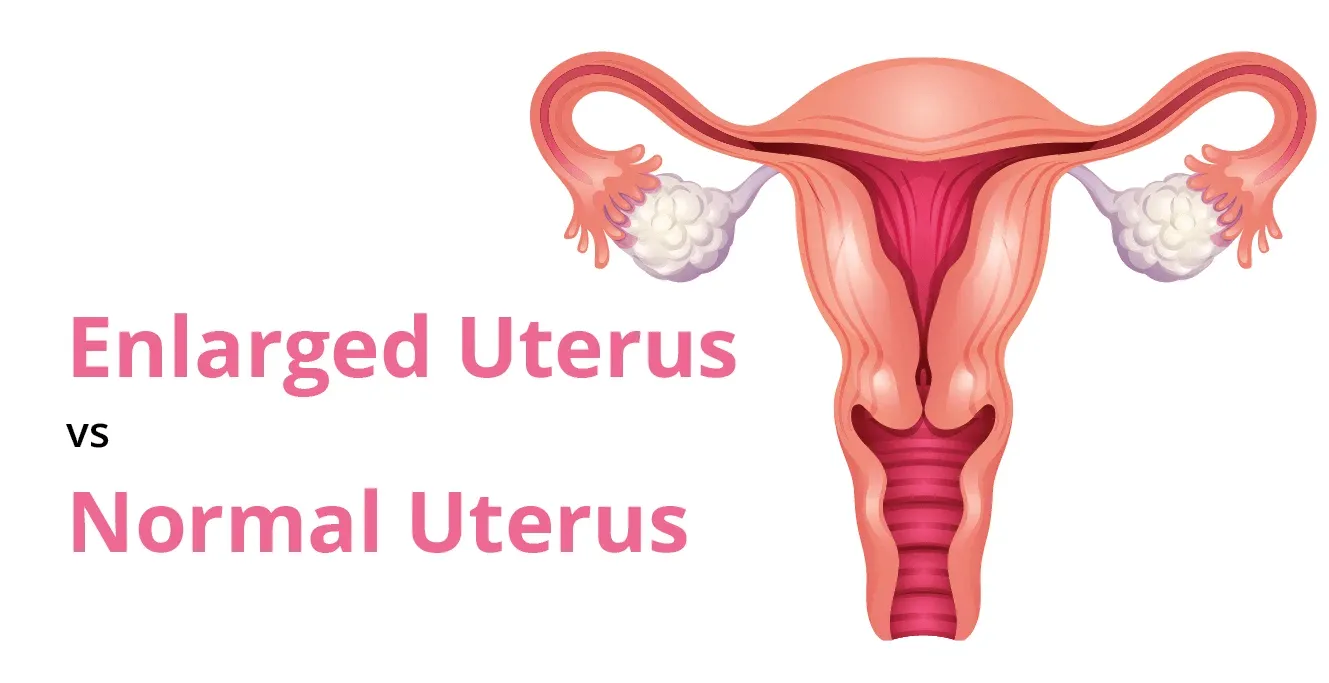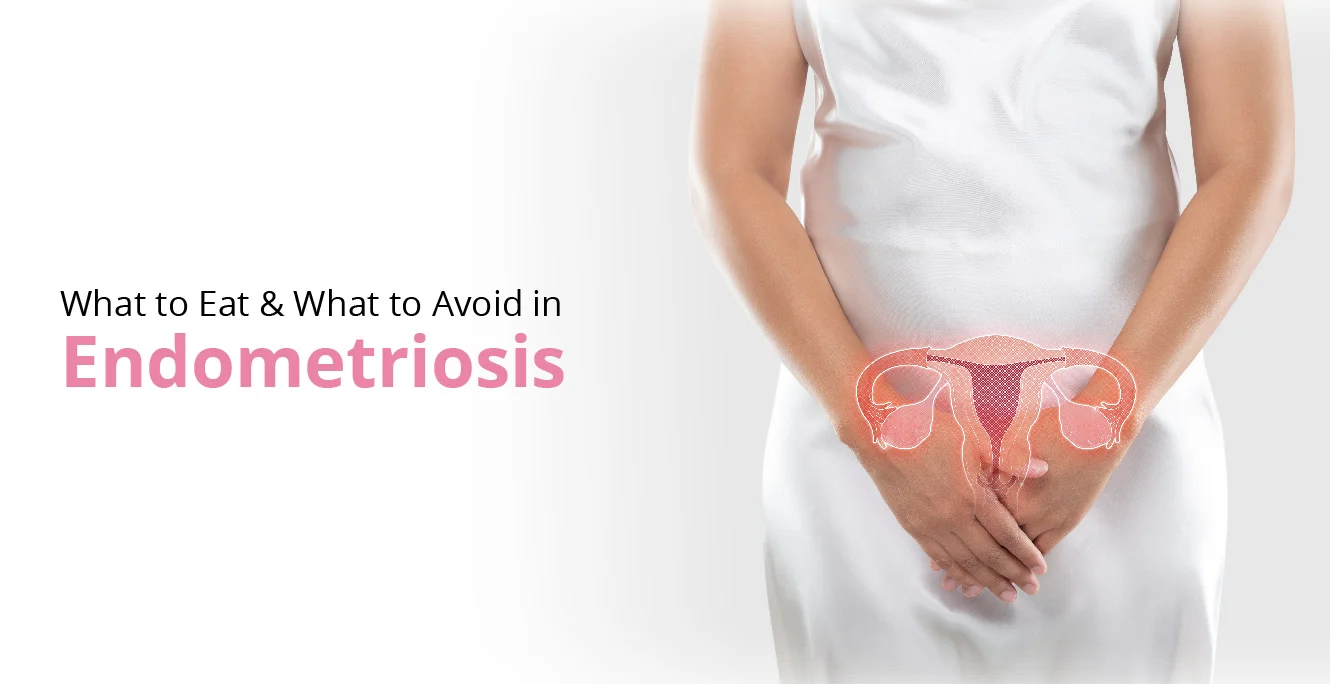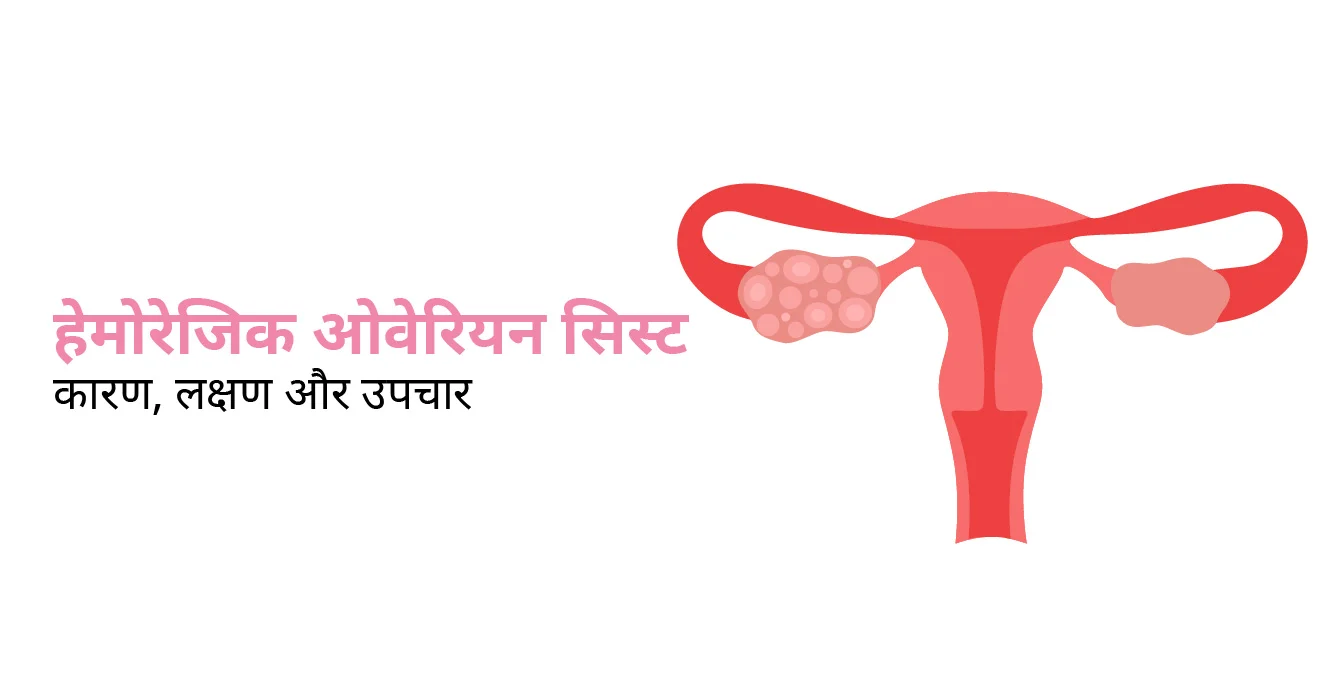
5 Healthy Diet Tips for Managing Chocolate Cysts

Table of Contents
Dealing with chocolate cysts, also known as endometriomas, can be challenging, especially when it comes to managing the symptoms and reducing their impact on your fertility. While medical treatment is often necessary, dietary changes can also play a significant role in managing chocolate cysts. Here are five healthy chocolate cyst diet tips that can help you manage this condition more effectively.
Impact of Chocolate Cyst Diet
Understanding what to eat and what to avoid can make a significant difference in managing your chocolate cyst symptoms. In addition, recognizing the symptoms and adopting a chocolate cyst diet can be beneficial. From incorporating anti-inflammatory foods to choosing organic options, each small change can contribute to better managing your condition. Here are 5 important chocolate cyst diet tips that you should add:
1. Incorporate Anti-Inflammatory Foods
Inflammation is a significant factor in endometriosis and chocolate cysts. Incorporating anti-inflammatory foods into your diet can help reduce inflammation and alleviate painful symptoms. A few inflammatory food items are:
- Fruits and Vegetables:Rich in antioxidants, fruits and vegetables can help combat inflammation in and around the affected ovary. Berries, leafy greens, and cruciferous vegetables like broccoli and Brussels sprouts are particularly beneficial.
- Omega-3 Fatty Acids: Mostly found in fatty fish (like salmon and mackerel), flaxseeds, and walnuts, omega-3 fatty acids have strong anti-inflammatory properties.
- Turmeric and Ginger: Both spices have anti-inflammatory effects and can be easily added to meals for better consumption.
2. Limit Processed Foods and Sugars
Processed foods and sugars can increase inflammation and worsen symptoms. Try to limit the following food items:
- Refined Carbohydrates: Such as white bread, pastries, and sugary snacks.
- Sugary Beverages:Like soda and sweetened juices.
- Processed Meats: Such as sausages, bacon, and deli meats.
You can always opt for whole grains, natural sweeteners like honey or maple syrup, and lean meats or plant-based proteins instead.
3. Increase Fiber Intake
A diet high in fiber can help regulate estrogen levels in the body, which is crucial for managing chocolate cysts. High estrogen levels can worsen symptoms, and fiber helps by binding to estrogen in the digestive system and promoting its regulation.
- Whole Grains: Brown rice, quinoa, and oats are excellent sources of fiber.
- Legumes: Beans, lentils, and chickpeas provide a good amount of fiber.
- Fruits and Vegetables:Apples, pears, carrots, and broccoli are high in fiber.
4. Choose Organic Foods
Whenever possible, add organic foods to your chocolate cyst diet to avoid pesticides and chemicals that can act as endocrine disruptors, potentially worsening chocolate cysts.
- Organic Produce: Add organic fruits and vegetables to reduce exposure to harmful pesticides.
- Organic Meat and Dairy:Incorporate organic or grass-fed meat and dairy products, which are free from added hormones and antibiotics.
5. Stay Hydrated
Hydration is essential for overall health and can help manage symptoms of chocolate cysts. Adequate water intake helps maintain fluid balance and supports the body’s natural detoxification processes.
- Drink Plenty of Water: Aim for at least 8-10 glasses of water a day.
- Limit Caffeine and Alcohol:These can dehydrate the body and may worsen symptoms.
Conclusion
Managing chocolate cysts with a healthy diet is an effective way to reduce symptoms and improve your quality of life. Incorporating anti-inflammatory foods, limiting processed foods and sugars, increasing fiber intake, choosing organic foods, and staying hydrated can make a significant difference. Always consult with your doctor before making any major dietary changes to ensure they are appropriate for your health requirements. By taking a proactive approach to modifying your diet for chocolate cysts, you can better manage your condition and improve your overall reproductive health while restoring the quality of your life.
Our Fertility Specialists
Related Blogs
To know more
Birla Fertility & IVF aims at transforming the future of fertility globally, through outstanding clinical outcomes, research, innovation and compassionate care.
Had an IVF Failure?
Talk to our fertility experts

 Our Centers
Our Centers







